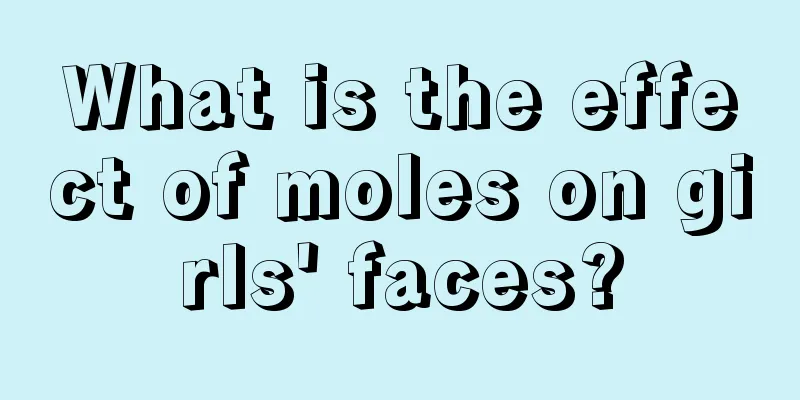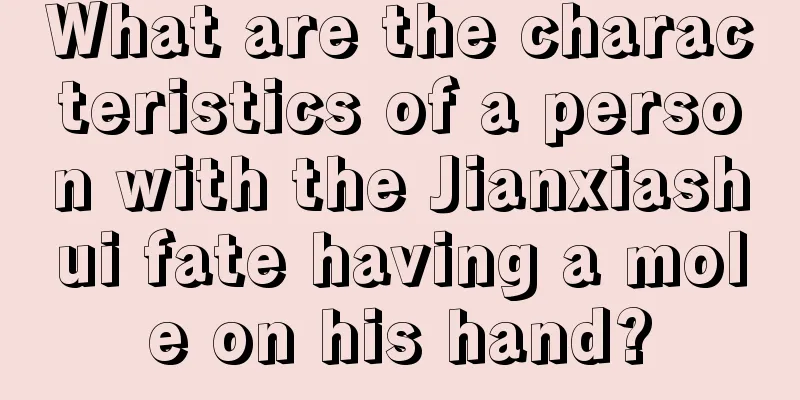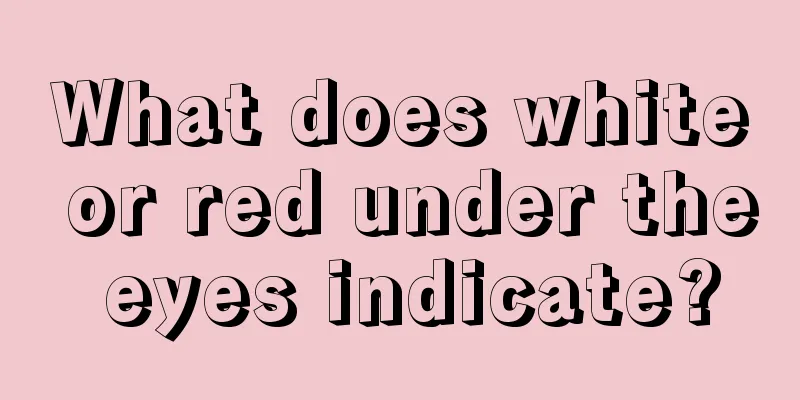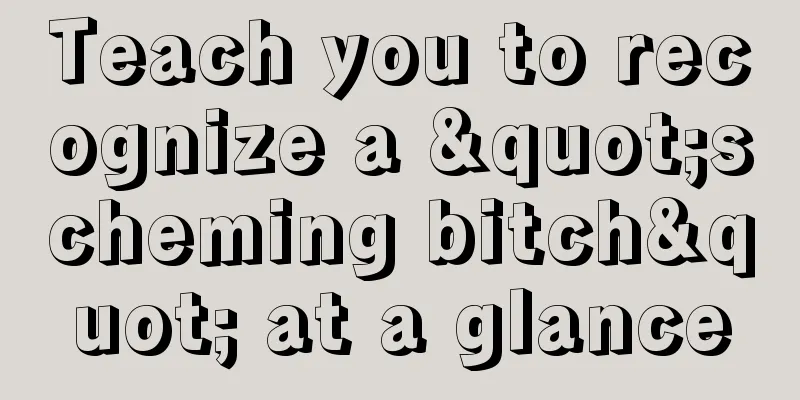Introduction to blockchain investment: Does this blockchain need to have a native token?
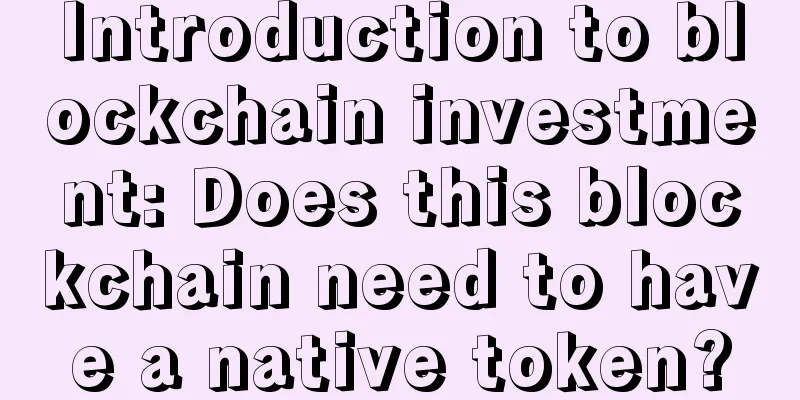
|
In my last post, I discussed the blockchain hype surrounding the financial industry. Now, let’s discuss the hype surrounding coins (or tokens), which is mainly reflected in the endless ICOs, speculation, and forks. This article covers the following issues:
What are the current problems?Most people believe that tokens are necessary in a blockchain so that they can be incentivized to invest money in ICOs. But everything has its black and white sides. Andreas once said:
Marc's comment:
But in the following report, you will see another result:
This debate is somewhat misleading, and here are the reasons why:
The first question is what kind of technology people understand as blockchain.
I know many people have different descriptions. But if you ask “why” a few times, you will find the key features of blockchain protocol at the end of the investigation. Moreover, blockchain is not about currency, but about consensus of some digital assets. In this article, I describe which assets need to use blockchain. What are tokens in blockchain?To put it another way, what do people often refer to as cryptocurrency?
What is the role of tokens in blockchain?
Reason #1 is clear, unfortunately it is often interpreted as "let's make money by hyping it up". Reason #2 is ok, but it is not a coin, but a share. Reason #3 is also ok, because you can use it for accounting of anything, even tomatoes in a warehouse, just making a coin for it is a bit weird. What is the reason for creating a token?Reasons #4-7 are a bit more complex. My guess is that the founders wanted to create an economy, and an economy requires control. Why do we have national currencies? To control the economy, through prices, inflation, subsidies for certain industries, competition control, etc. If there were no monetary politics, there would be no need for a currency. However, many blockchain projects have introduced a currency without introducing successful economic rules. Therefore, if you want to create a currency, or evaluate a currency, the first question is whether this new economy will be sustainable. The second question is which projects need to have a token, which is very important because the wrong answer can quickly disappoint the community, investors, and other key stakeholders. Which blockchains need tokens?To answer this question, we need to distinguish different kinds of blockchains. The model and reasoning for this process have been introduced in the previous article, and here are the results. I really believe that only systems in the upper left quadrant might need to have tokens, for reasons #4-7, such as Bitcoin, Monero, etc. I say “might” because Bitmessage provides a very good example of a proof-of-work system consisting of anonymous nodes that doesn’t need to have a token, or even a shared blockchain. Any PoS blockchain does not necessarily need a token. Instead, what they need is an ideal payment method (or currency) that everyone agrees on. I am not saying that such an ideal currency exists, but I think we are very close. I will describe the criteria for such an ideal currency in the next article. FBA blockchains (Ripple, Stellar) do not need tokens at all. In this scenario, tokens neither increase the stability of the network nor effectively combat spam transactions. Validators do not need to pay fees under any circumstances. They can use any existing currency (Bitcoin, Ethereum, etc.) to perform settlements with the highest efficiency. By default, private chains also do not need tokens. Although they can be based on a digital asset (representing legal currency), or some synthetic currency (for example, the SDR issued by the IMF). However, before such blockchains can become the main source of information about legal accounts, they must be backed by value. Generally speaking, if the system does not manage scarce assets, it does not need to use blockchain. The best architecture for such a system is an open network, such as Tor, Torrent, Bitmessage, DHT, etc. I think Ethereum, as a smart contract platform, probably doesn’t need a native token to exist (unless you define Ethereum as programmable money). The same applies to other projects like Storj, Waves, List, Maidsafe, Ripple, Factom, Filecoin, etc. It seems strange for consumers to buy another currency to pay for storage space. Why not just use Bitcoin? in conclusionThere are few justifiable reasons to create a native token in a blockchain, the most important being the creation of a new economy. Therefore, before participating in an ICO, we need to consider whether we can use the same technology to solve the same problem without creating a new coin. |
>>: The first practical application based on ETC, how does ETCWin plan to build the ETC ecosystem?
Recommend
What does the chuan-shaped lines on the eyebrows mean?
In our daily life, we often say eyebrows, eyebrow...
Bitcoin enters the "trillion-dollar club", the world's first Bitcoin ETF is hot and the second one has been listed
On February 19, 2021, the price of Bitcoin exceed...
This time, is Satoshi Nakamoto real? Or is it a shocking scam?
Craig Steven Wright, the 44-year-old Australian, ...
Your personality from your body
Your personality from your body Are you worried a...
A face that never gets tired at work
Many people feel exhausted at work, and being abl...
The face of a man that makes women fall in love with him
The face of a man that makes women fall in love w...
Observation | The market in Huaqiangbei is so prosperous, but is it deserted?
Source: Venture Capital Exchange Author: Wu Jiami...
The fate of a woman with tiger teeth
Teeth are very important to people, and in physio...
South Korea's Bitcoin Regulatory Bill is Released, 500 Million Won Becomes Market Entry Threshold
In South Korea, a law that sets a regulatory fram...
Do men with thick black hair have the potential to become rich?
A person's hair can actually reflect his or h...
Ripple to pay $1 million to former manager and founder in lawsuit
A months-long legal battle involving decentralize...
What is rvn Ravencoin and how to mine it
Ravencoin is a brand new POW type cryptocurrency ...
What kind of men have bad looks?
Some men have good looks, some have bad looks. Th...
What does a saddle nose look like?
Many people envy the tall and straight noses of c...
False Broken Palm
A true broken palm is when the emotion line and t...
